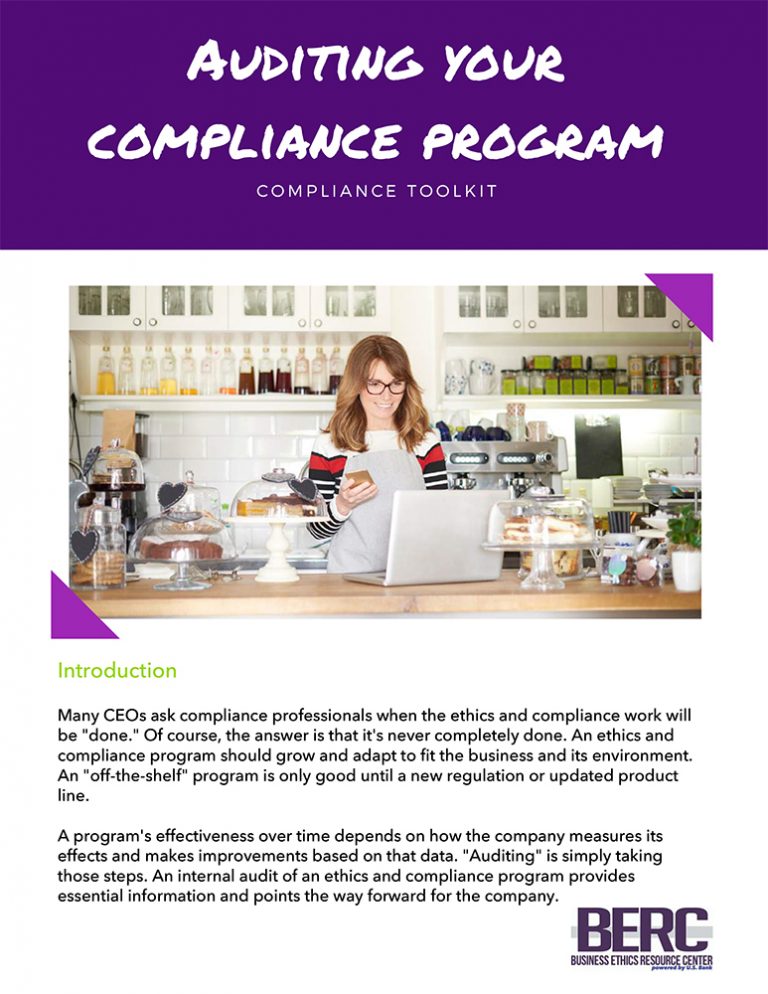What you don’t know (or try to find out) can hurt you.

A friend of mine was audited by the IRS. He found it to be a surprisingly constructive experience. His auditor gave him guidance on how to save money on his future returns, and was helpful in remedying the problems that were found in the return at issue. Nevertheless, most of us would prefer not to be audited, by the IRS or any other agency.
And for good reason. At one point, I worked with a client that imported components for a manufacturing process from a variety of overseas companies. The company was a successful operation, but it did not have many formal procedures for its various functions. On its component imports, the company had very few intact records, and no way to trace any individual item. When the customs service suspected that the company was not meeting specific requirements, the company was unable to produce adequate paperwork or demonstrate procedures that would satisfy the investigator.
The result? A lengthy and expensive external audit by customs of the business’s import records and procedures. The company hosted customs employees at its facility, and assigned staff to assist them. Eventually, the company was penalized for import violations, another large expense.
Following the customs review, the company developed an internal monitoring and audit system for its imports. Specific paperwork was scanned and filed. Components were tracked by their country of origin. The order in which components were used in manufacturing was carefully controlled. The ongoing monitoring was handled by a single employee, and was audited by others twice a year. When the customs regulations changed, the system was updated accordingly.
The new system was a model for customs compliance. While it had a cost in staff time, it was far less expensive that the large-scale investigation and penalties. It improved relations between the company and the customs service, and it relieved the worries of executives and managers.
As one manager said to me, “I wish we’d done this in the first place!”
Making the effort to set up processes that can be reviewed internally for compliance and effectiveness is an excellent way to avoid regulatory investigations and penalties — and give you peace of mind.
Stacey Supina, Center for Ethics in Practice, University of St. Thomas


